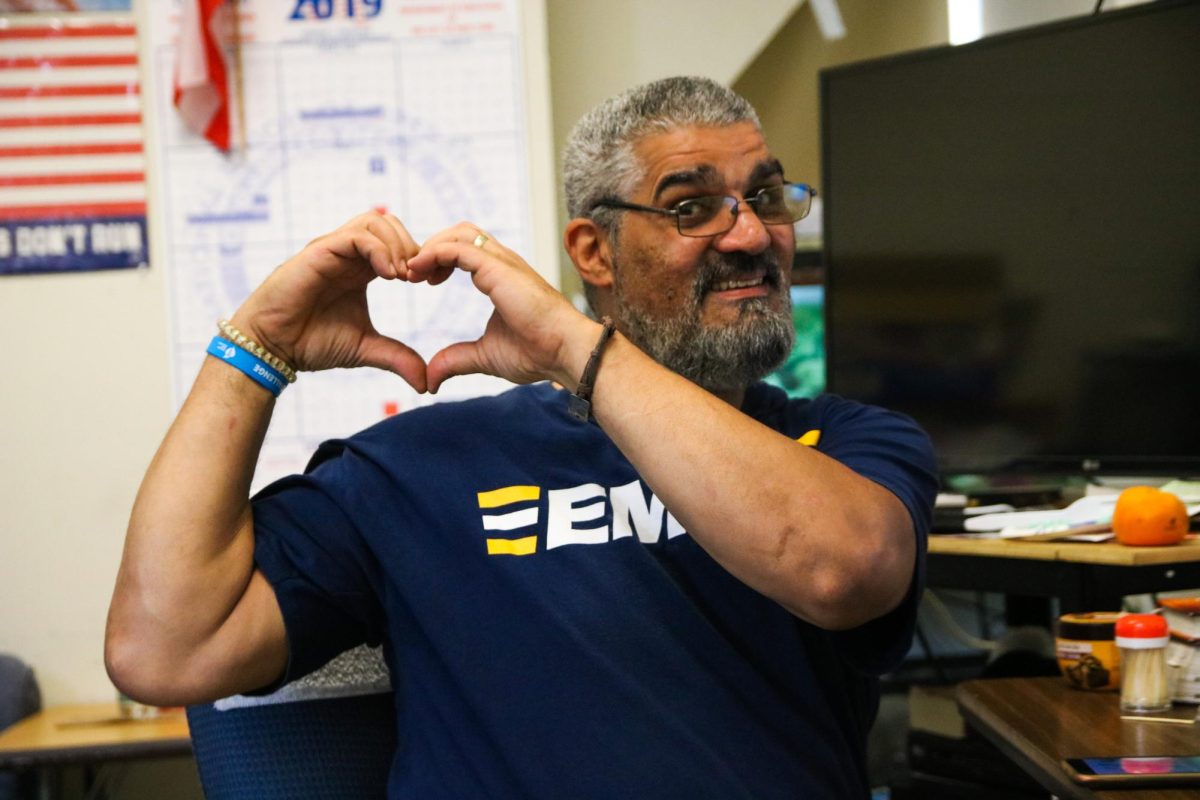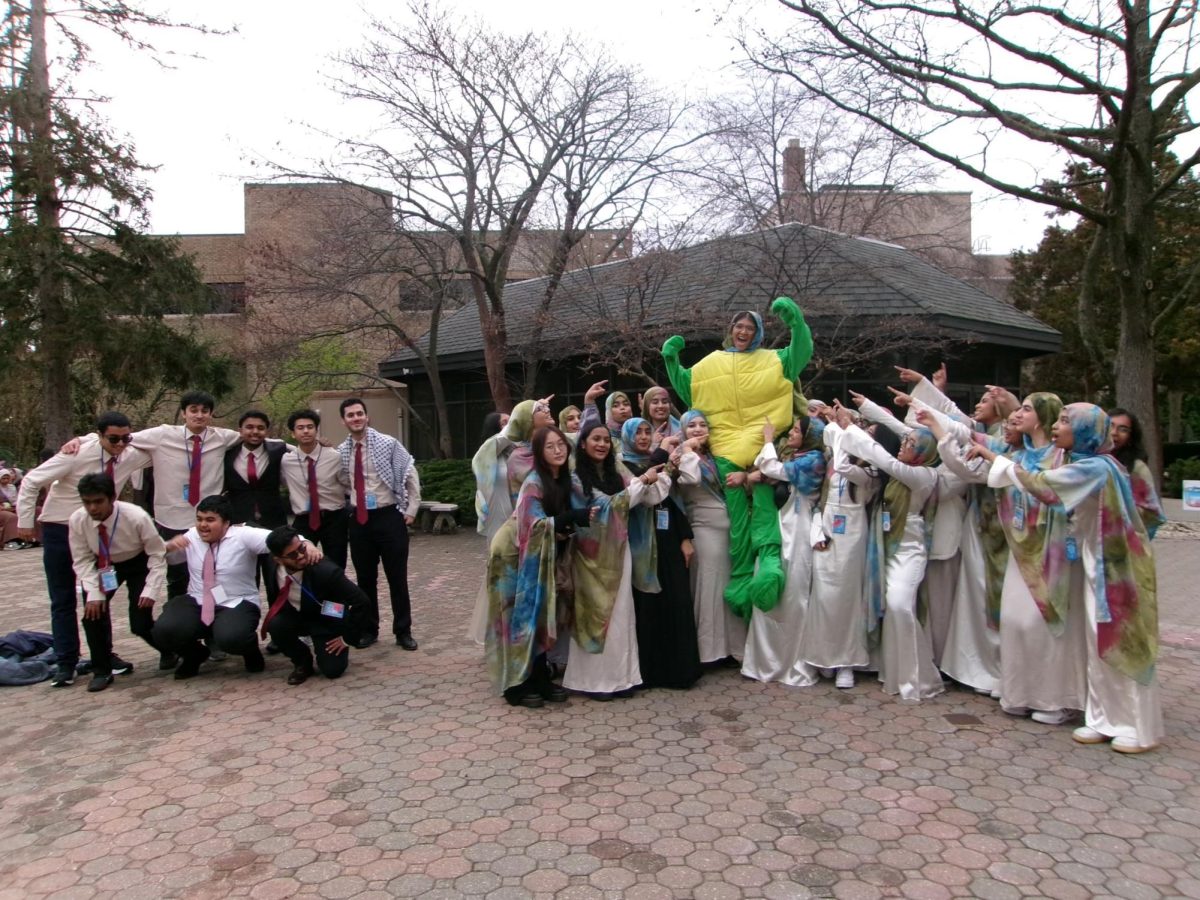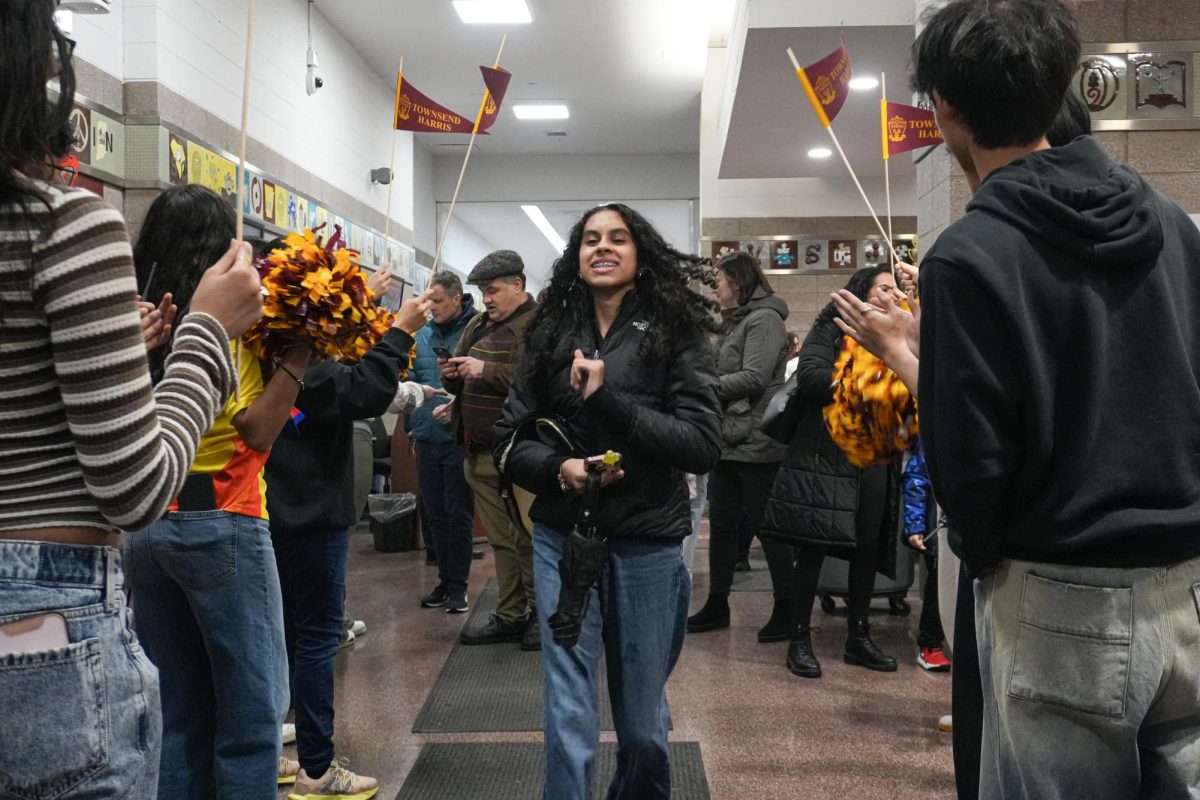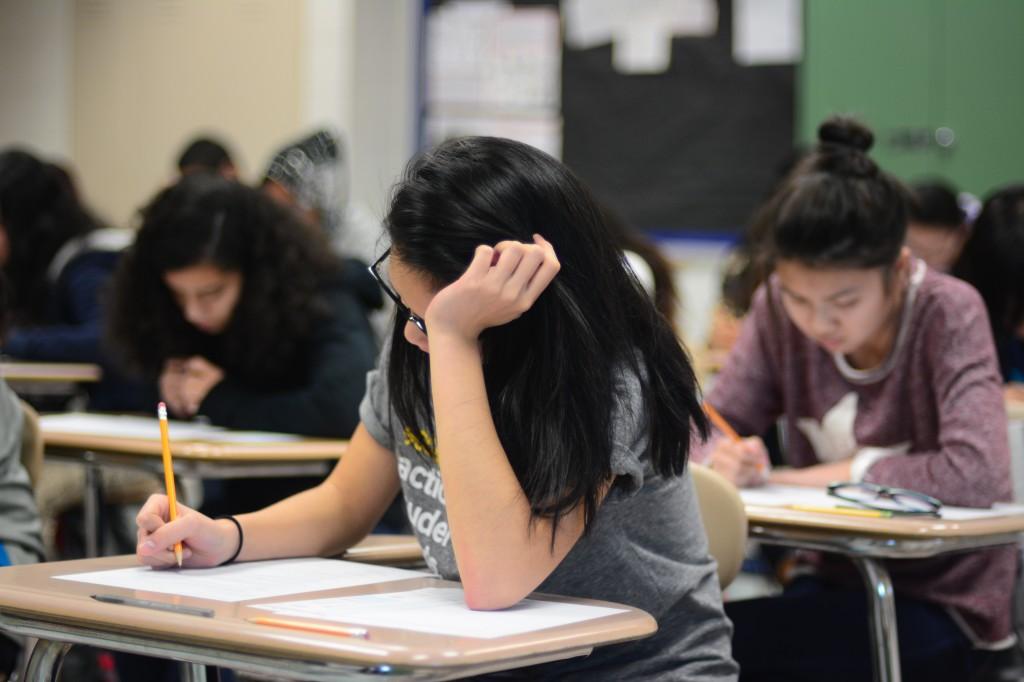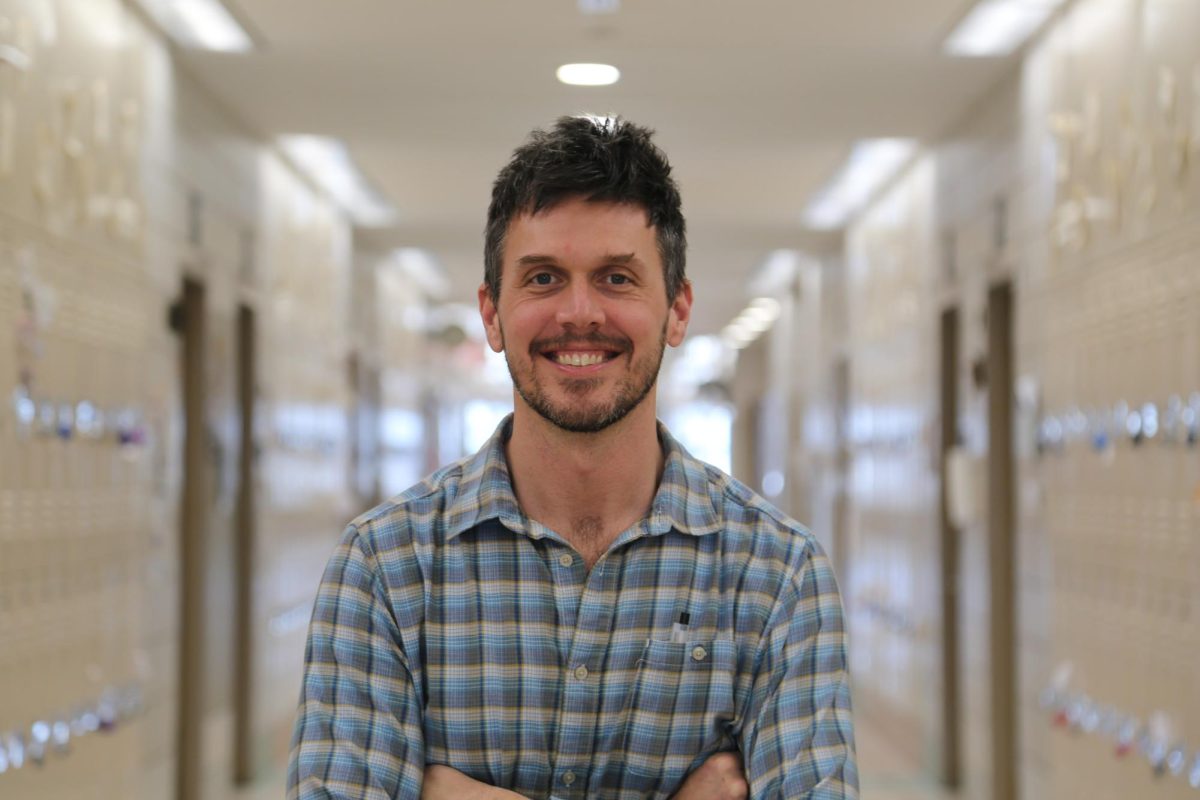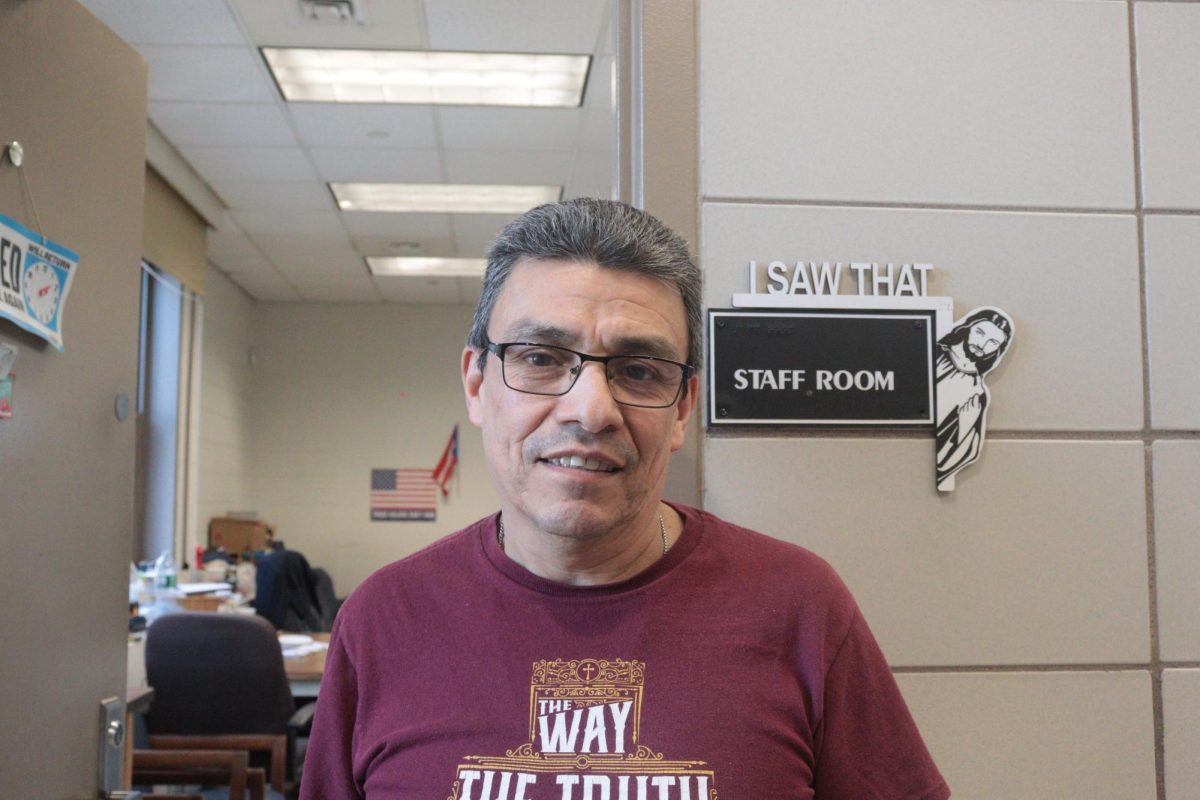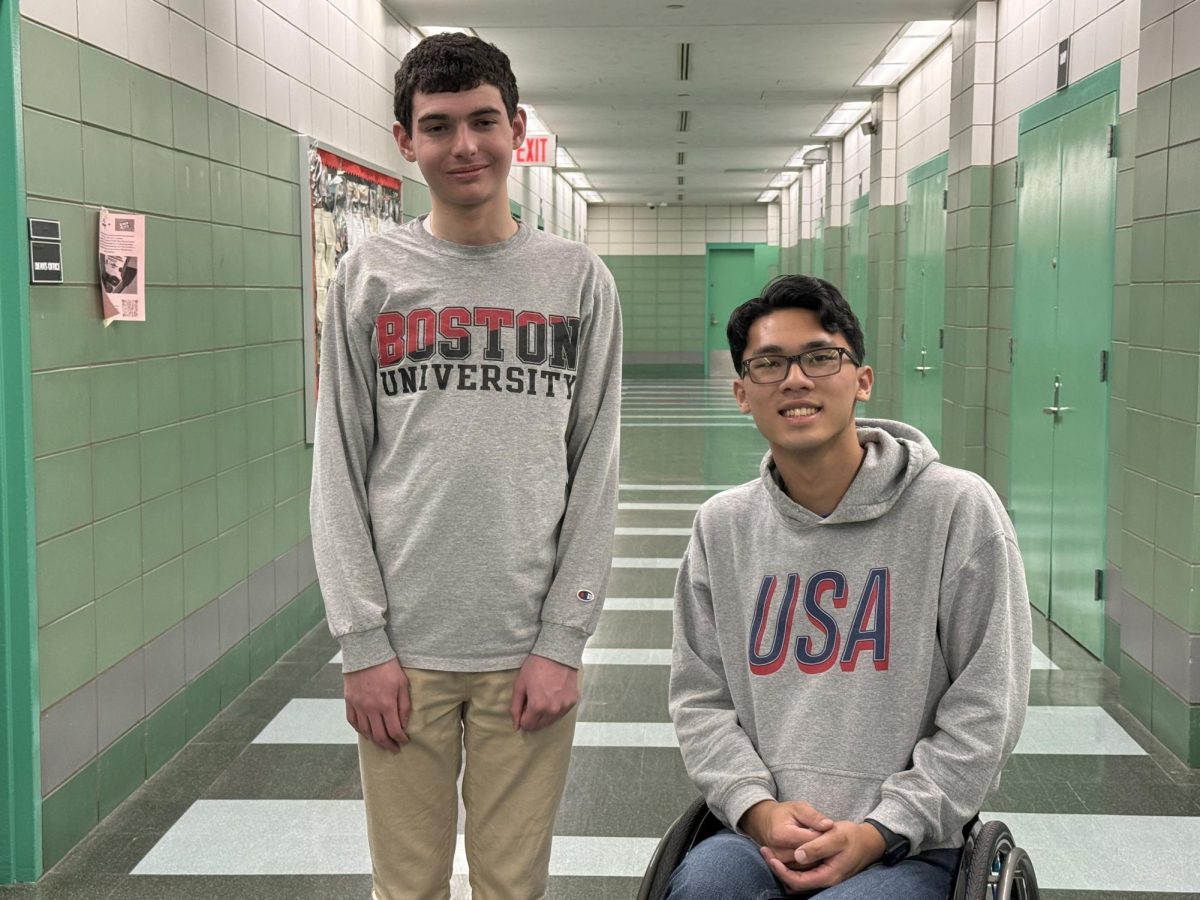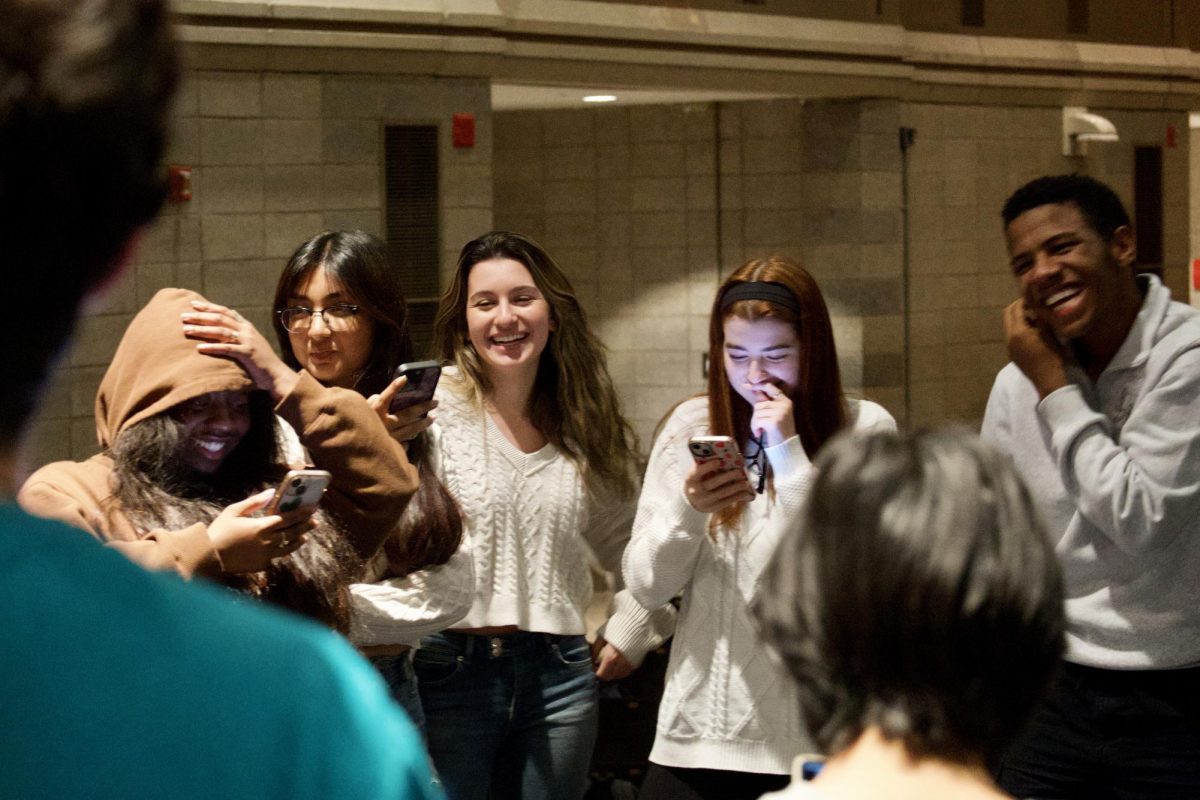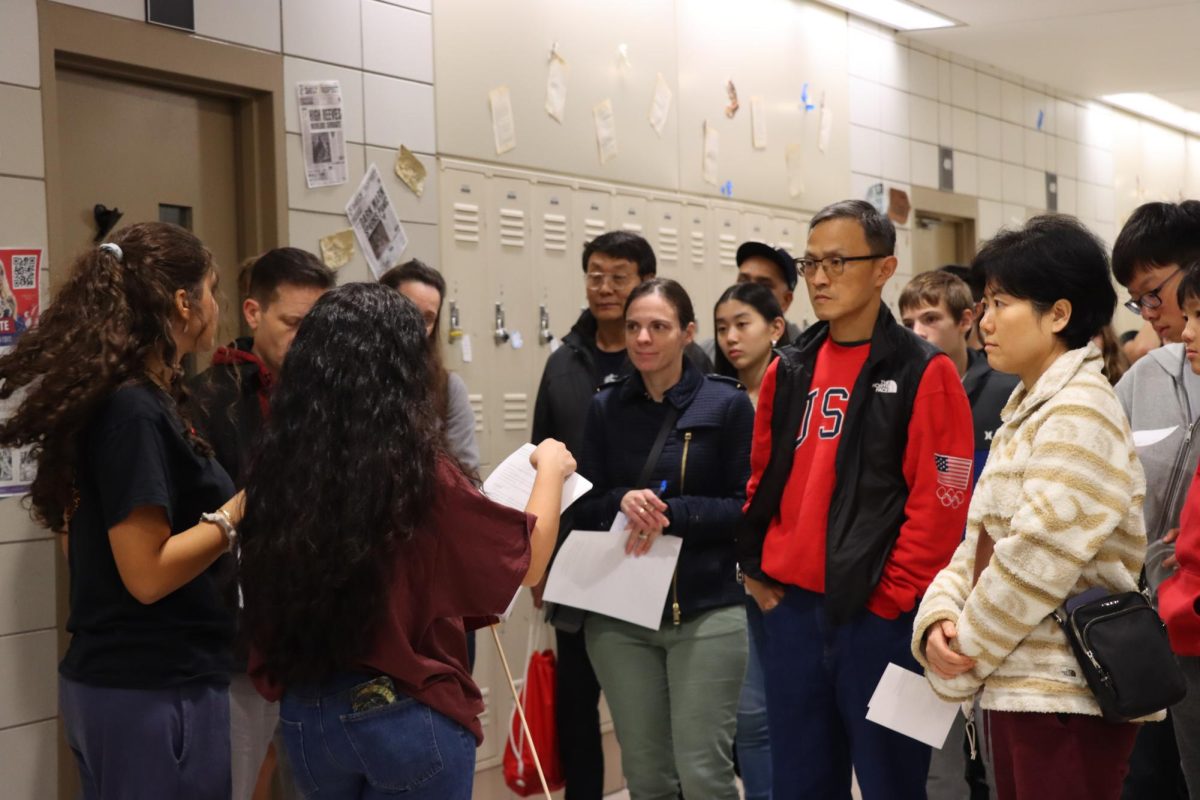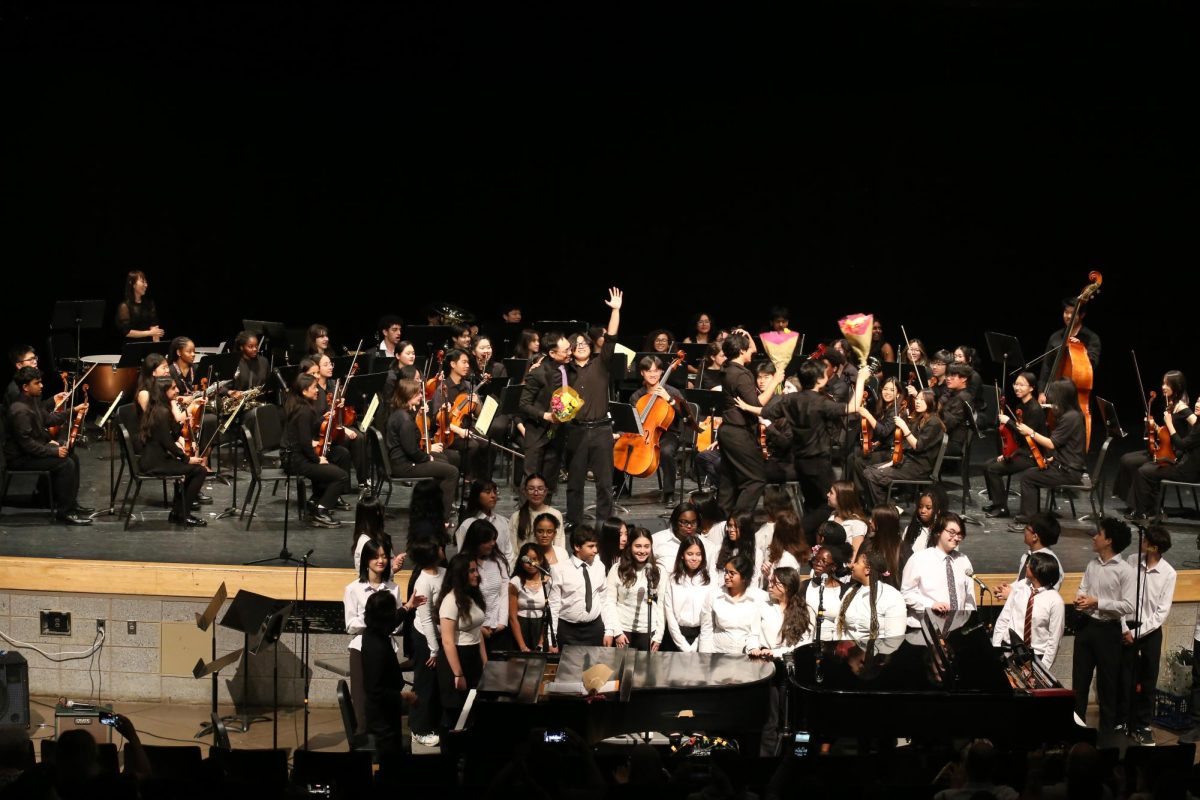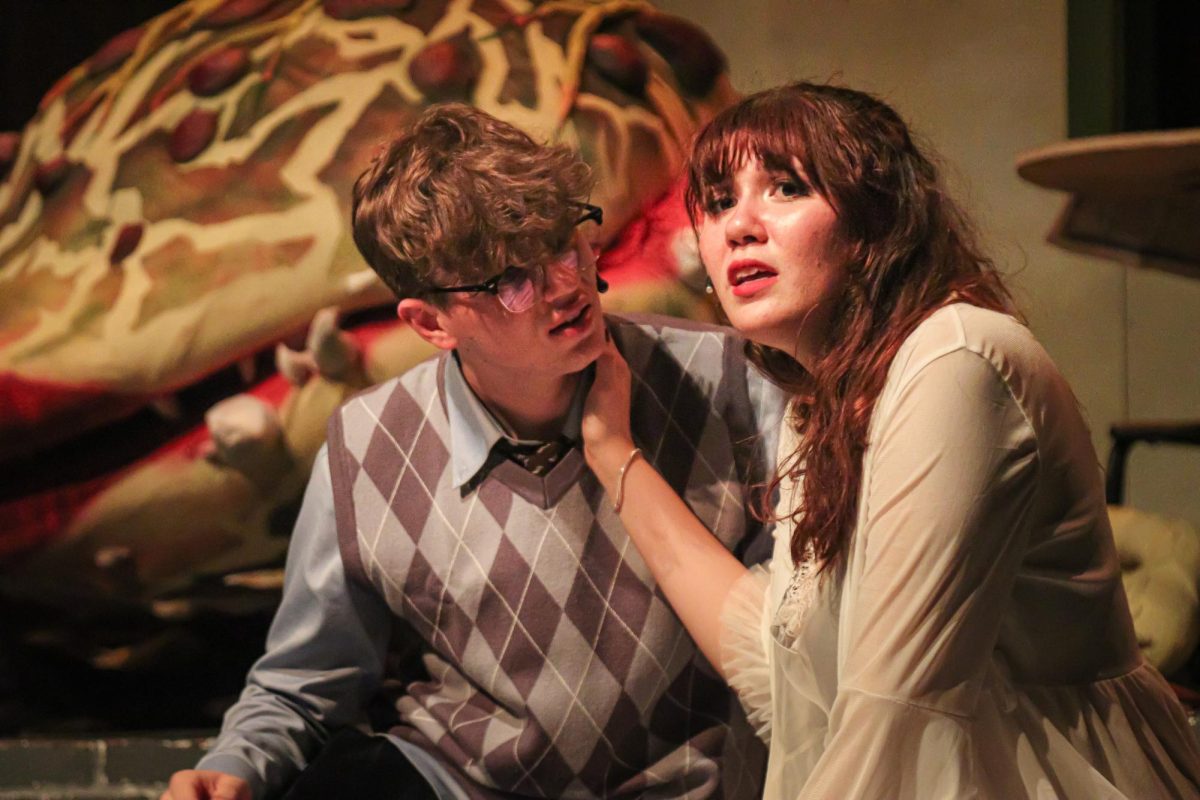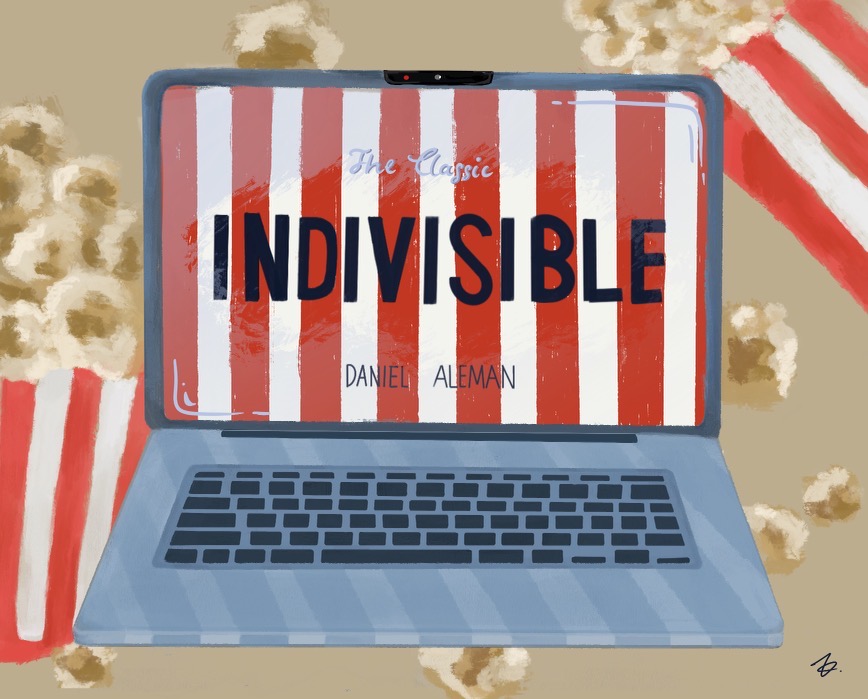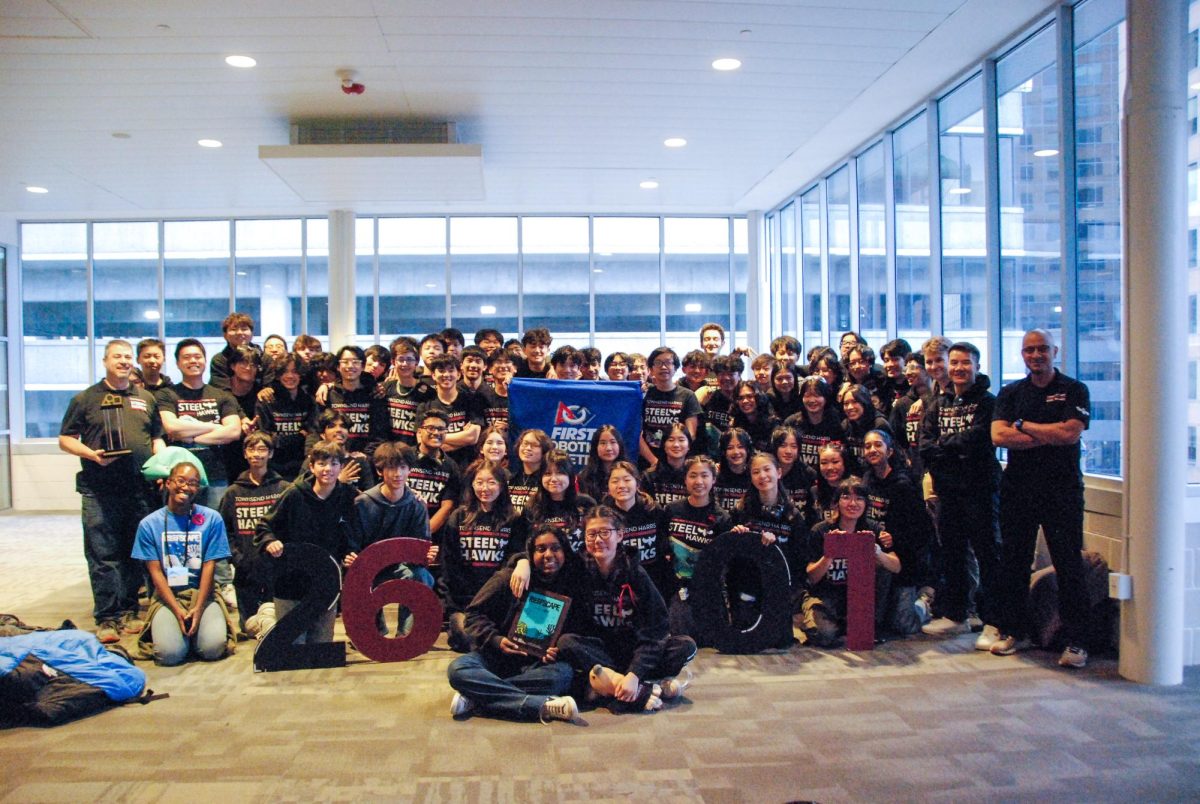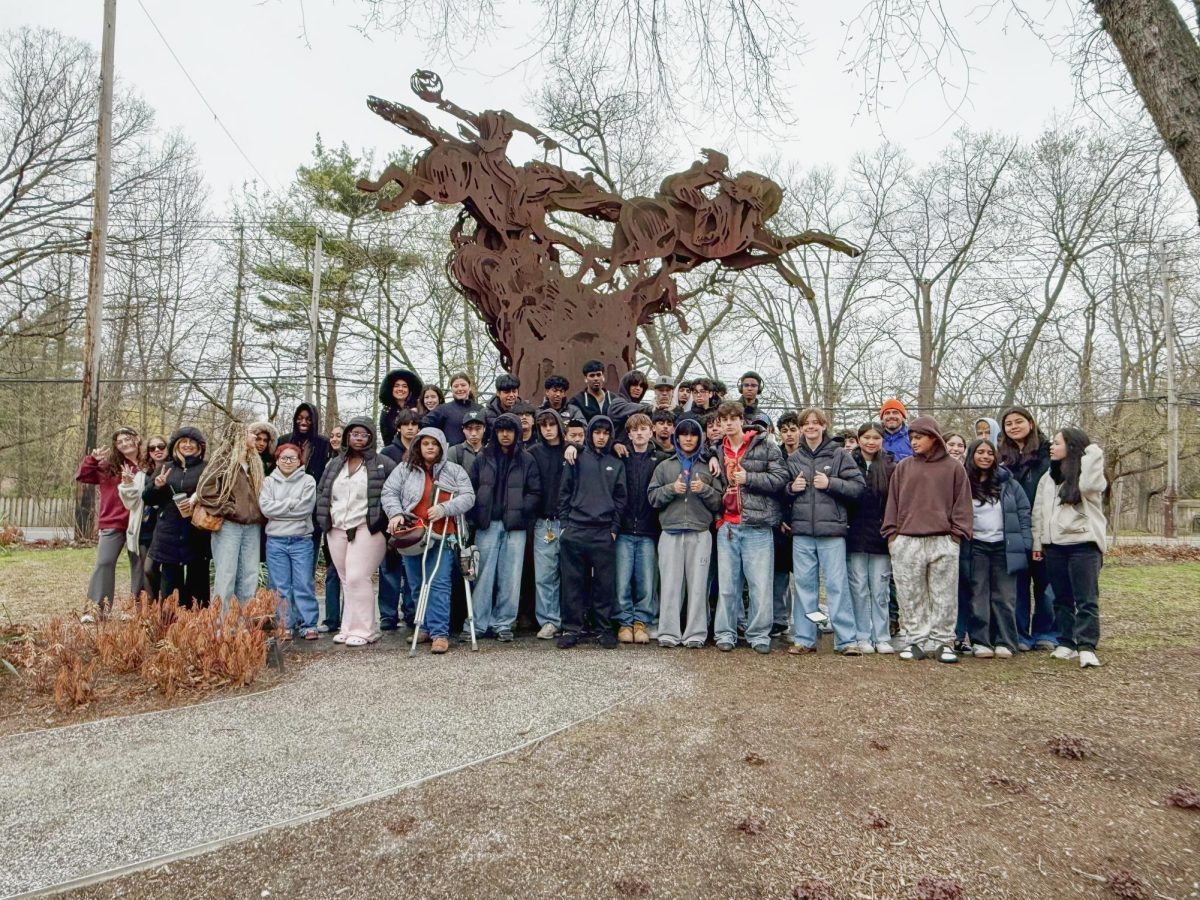
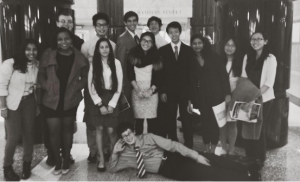
On November 3, the THHS Junior Statesmen of America (JSA) chapter co-hosted the first ever New York City Megacon at Stuyvesant High School, where members gathered to debate pressing issues facing NYC . The event was also hosted by NYC’s four other JSA chapters–those of Stuyvesant High School, Brooklyn Technical High School, Horace Mann High School, and the High School of Math, Science, and Engineering at City College.
The idea to unite all five of NYC’s JSA chapters came about in September by the JSA Northeast State.
“The purpose of this event was to also bring us all together to establish a stronger relationship within our region,” said THHS’s JSA president, junior Karen Su.
She said that the THHS chapter, which has been active since last February, was honored to host the event.
“Being offered this opportunity as a relatively new chapter was a really big step for us to take,” she said.
Karen adds that although the THHS chapter is new compared to those of other schools, her familiarity with the other four JSA chapters and presidents allowed this leap to run smoothly.
The event took place from 9:00-4:15, and largely consisted of student-run debates over NYC’s issues. The agenda was divided into four forty-five minute “blocks,” with each block consisting of five different debates members who chose to attend. Issues covered included minimum wage, stop and frisk, Common Core, and Internet censorship. Each debate had a set structure: a main speaker for the pro and con side of the issue (chosen in advance), a moderator to oversee the debate, and a timekeeper. Certain amounts of time were allocated to the pro and con sides of the debate, with members asking questions throughout. Any decisions, such as extending time for a speaker, had to be voted on by students watching the debate. At the end of each debate, a vote was taken to see which side members favored, and the issue was determined to be “failed” or “resolved” if there were enough votes for one side.
Senior Andrew Mitchel won his debate on whether instant runoff voting provides a more democratic system, and used financial statistics and the importance of party unity to argue for instant runoff.
Andrew said this debate “taught [him] how to compete successfully in interschool JSA.”
The highlight of Megacon was the forty-five minute mayoral debate in which members had the opportunity to represent Bill de Blasio or Joe Lhota and debate a question given by the audience. JSA members then voted for who they liked best, with Joe Lhota receiving the most votes.
An “Activities Block” also allowed students to join less intense political exercises such as a NYC Quiz Bowl, thirty-second speeches, and Four Corners.
Although most of the debates were intense and mimicked real-life ones, others were more lighthearted and humorous–a portion of the mayoral debate centered around whether the subway lines should have been shut down for stranded kittens in September.
Junior and JSA Director of Activism Christina Marshall likes how JSA conventions encompass serious politics but still leaves room for fun.
“The great thing about JSA is that even though kids have different political views when we articulate them we do so in the funniest of ways,” she said.
Overall, with 106 people attending the convention in total, members of THHS’s JSA chapter were pleased with the results.
“I’m really glad that we were able to have a good amount of people from our chapter and our school to represent us,” said Karen. “It shows that despite that we are a new chapter we have a strong membership base.”
Sophomore Noah Silversmith found Megacon more interesting than the last convention, saying, “I definitely was more aware of the issues facing the city coming out of the convention.”
JSA advisor and Social Studies teacher Franco Scardino emphasized the significance of JSA conventions.
“It is a great opportunity for students to meet other JSA delegates, to network and experience new things,” he said. “Ultimately, it builds self-confidence and raises student dignity to new heights.”
Looking to the future, Karen hopes for her chapter to host a convention at THHS, but admits there will be obstacles.
“Planning and putting together conferences like the NYC MegaCon requires a lot of teamwork and dedication in order for it to be a success,” explained Karen. “So if we do end up hosting one sometime in the future, we will need for there to be all hands on deck and everyone in our chapter to participate. Each conference is a reflection of the host chapter’s strength in membership quality.”
The next JSA convention will be the Fall State 2013 convention held in Boston from December 7-8, and is themed “Progressing Beyond Partisanship: From Conflict to Compromise.” It will be one of three overnight conventions held annually.
Karen explains that although students may not see politics as relevant to them, it is vital that they start becoming involved early in order to “lead and teach future generations.”
“We are the next set of leaders, voters, innovators, and educators. Through debate, we are able to understand different perspectives of each situation…” she said. “This is your city, your country, and your world. If you find fault in it, know that you can do something about it and the first step is to discuss it with your fellow peers and raise awareness about it.”

